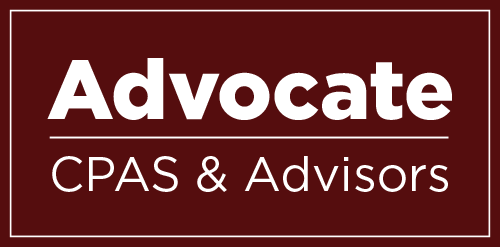You know the drill... You've had a successful year in business. You give your accountant a call around this time of year to see what your potential tax bill might be and if he has any suggestions to help you reduce the upcoming payment to uncle Sam. The conversation usually goes something like this:
"Well Joe business owner, if you don't make any more changes or have any big shifts in income this last month of 2013, you will probably owe $10,000 come next March or April. Now, if you were to go out and buy a new truck/machine/etc before year end, we can write off the entire purchase price and you won't owe anything."
Maybe your facts and circumstances are different, but I've met with many business owners who are in the perpetual cycle of year end purchases and trade-ins to avoid income taxes.
When Does It Make Sense To Make Year End Purchases?
- When the purchase will help you make more money. If you are replacing something that is in fine working order or if you are purchasing something your company doesn't really need, it never makes sense to pay $1.00 to save 40 cents on taxes. Many small business owners get stuck in this trap. Instead of the purchase serving to create more income or improve processes, it becomes a means to avoid paying taxes. Don't let the tax tail steer the overall business goals and objectives or your business.
- When the deduction comes in the form of future benefits. Are you aware of all the tax savings available with different retirement options for self-employed people? Wouldn't it be nice to save the money for a later day and still receive a tax deduction on this year's taxes? I'll be discussing retirement vehicles available in future posts, but ask your accountant about these options as well.
- When you have the cash to pay for it. So many business owners get stuck in the financing trap. Is it always wrong to finance purchases? Of course not! But many small business owners disguise the poor cash flow of the business by financing everything. So you decide to finance that new piece of machinery and take the 179 deduction up front. Guess what? Now when the payments start coming due in the future months and years, you aren't getting any write off because you used it all in the year of purchase! Nothing like using up all your cash flow to then not receive a deduction for those payments. There are exceptions, but I believe it is usually a good idea to match the tax deduction with the cash outflow from purchase.
In summary, make sure that your year end purchases make good overall business sense (don't just focus on the taxes). If your current accountant isn't helping with some of these planning decisions, please give us call or contact us to let us know how we can help with the overall planning of your enterprise.
